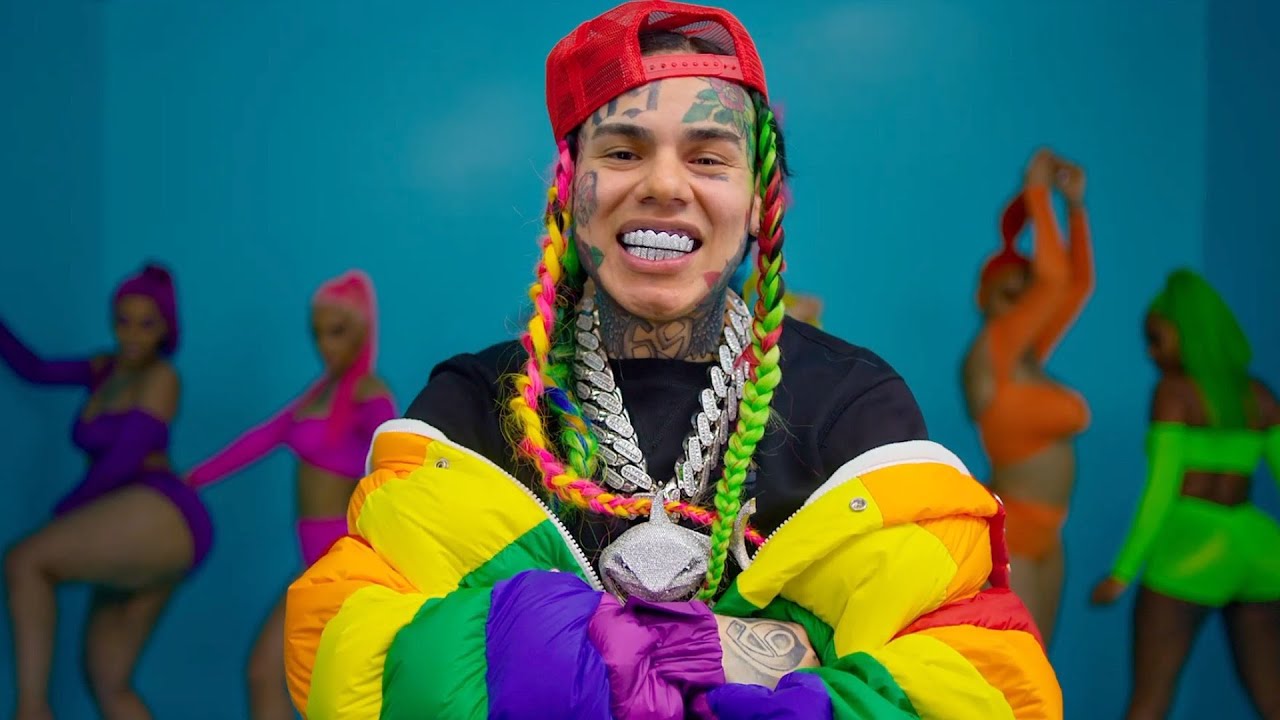Music charts serve as the ultimate measure of an artist’s commercial success, determining rankings based on sales, streams, and radio play. However, not every hit song reaches the top spot fairly. Over the years, several tracks have been disqualified from charts due to rule changes, alleged manipulation, or technicalities. These controversies have sparked debates among fans, artists, and industry insiders, raising questions about fairness and transparency in chart rankings. In some cases, these exclusions have altered the course of an artist’s career, while in others, they’ve led to changes in the rules governing music charts.
Let’s explore some of the most infamous chart disqualifications, examining the reasons behind them and their impact on the music industry. From Billboard to the UK charts, these cases showcase the often-contentious nature of ranking the world’s most popular songs.
1. 6ix9ine’s ‘GOOBA’ vs. Billboard’s Charting Rules
When controversial rapper 6ix9ine released “GOOBA” in 2020, he was determined to top the Billboard Hot 100. The song debuted strongly, fueled by massive streaming numbers and an aggressive promotional push. However, when Billboard published its final rankings, “GOOBA” landed at No. 3, behind Ariana Grande and Justin Bieber’s “Stuck with U,” which claimed the top spot.
6ix9ine publicly accused Billboard of manipulating the rankings, alleging that bulk purchases of “Stuck with U” unfairly boosted its position. Billboard defended its decision, stating that all sales were verified and met charting guidelines. Despite the rapper’s outcry, the controversy highlighted the complexities of modern music consumption and how various factors, including digital sales, affect chart placements.
2. Naughty Boy’s ‘La La La’ and the UK Charting Loophole
In 2013, Naughty Boy’s “La La La” featuring Sam Smith became an instant hit, but not without controversy. At the time, certain promotional tactics were being used to boost sales, including strategic releases that maximized streaming and download figures.
The UK Official Charts Company later implemented stricter rules to prevent manipulation, and “La La La” became one of the key cases in shaping these changes. While the song itself was not directly disqualified, the loopholes it exposed led to adjustments in how streaming equivalents were calculated. This incident showcased how the evolving digital era required ongoing updates to charting policies, ensuring fairer rankings for artists and fans alike.

3. Lady Gaga’s ‘Shallow’ and the Grammy Boost Scandal
Lady Gaga and Bradley Cooper’s “Shallow,” from A Star Is Born, was already a massive success when it won the Oscar for Best Original Song in 2019. However, its sudden resurgence on the charts raised eyebrows. The song re-entered the Billboard Hot 100’s Top 10 after its Academy Awards performance, but some industry experts questioned whether aggressive marketing tactics contributed to its climb.
Certain bulk sales and playlist placements were scrutinized, with speculation that record labels were leveraging awards season to push the song higher. Although “Shallow” was never officially disqualified, the controversy underscored how external events, like award wins, can create temporary but significant chart surges. This case remains a testament to how marketing strategies influence chart success in unpredictable ways.

4. Travis Scott’s ‘Astroworld’ and Bundle Sales Ban
Travis Scott’s Astroworld album, released in 2018, was a major success, debuting at No. 1 on the Billboard 200. However, controversy arose when it was revealed that album sales were heavily boosted by merchandise bundles—an increasingly common tactic where fans buy an album as part of a package with concert tickets or exclusive merch.
This strategy inflated chart numbers, leading Billboard to tighten its rules regarding bundle sales. When Scott attempted a similar approach for his next project, Utopia, Billboard had already changed its regulations, limiting the impact of non-music purchases on chart positions. This case significantly influenced how artists market their albums, preventing artificially inflated sales figures and ensuring a more level playing field for chart rankings.


